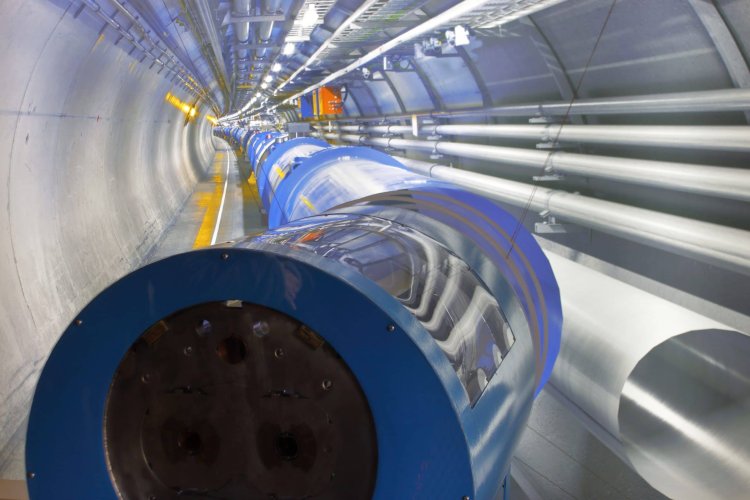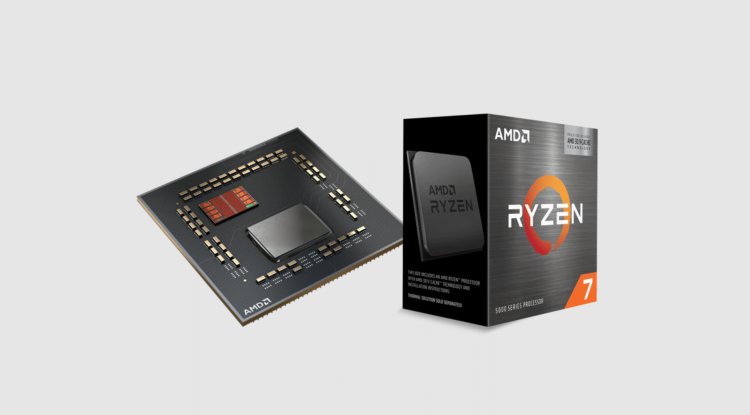CERN's Large Hadron Collider collided again

After a long hiatus due to the upgrade, proton beams began circling the 27-kilometer tunnel below Switzerland and France last Friday.
Over the past three years, experts at the European Council for Nuclear Research (CERN) have spent time upgrading their largest scientific instrument, and the world's largest in general - the Large Hadron Collider (LHC), which is credited with one of the greatest achievements of physics in recent years. After this long period, proton beams began circulating again through the LHC's particle accelerator, a 27-kilometer-long circular tunnel below the Swiss-French border.
Currently, these are protons that move there with their input energies, at the level of about 450 GeV, and the small number of lower energy protons is just an introduction to significantly more energy and the number of particles that will accelerate and collide in the coming months. This was exactly the goal of this upgrade - to enable the LHC to work at higher energies and collect much more data inside the particle collision detector, which will begin to happen this summer.
Third and record launch
Until then, experts will slowly raise the energy level in these beams so that it eventually reaches the projected, record of 13.6 TeV. This will be the third official work of the LHC, in which not only the collision energies of particles will be record-breaking, but also their quantities. Teams working on ATLAS and CMS detectors can expect to record more particle collisions than in the first two papers combined. A third detector, LHCb, has also been upgraded in the meantime, so the number of particle collisions recorded in it will triple.
All of this should allow scientists to study in detail the properties of the Higgs boson, as well as the most intensive testing of the Standard Model of Quantum Physics to date.
For the third round of work, the LHC also received two new additions - the FASER and SND @ LHC experiments, which aim to expand the boundaries of the physics we know beyond the Standard Model. They will monitor the collisions of protons and helium atoms and study how often antimatter particles, antiprotons, are formed in these events. Their second task will be to study the collisions of oxygen ions and to deepen the existing knowledge about cosmic radiation and quark-gluon plasma, which the universe consisted of immediately after the Big Bang.




























